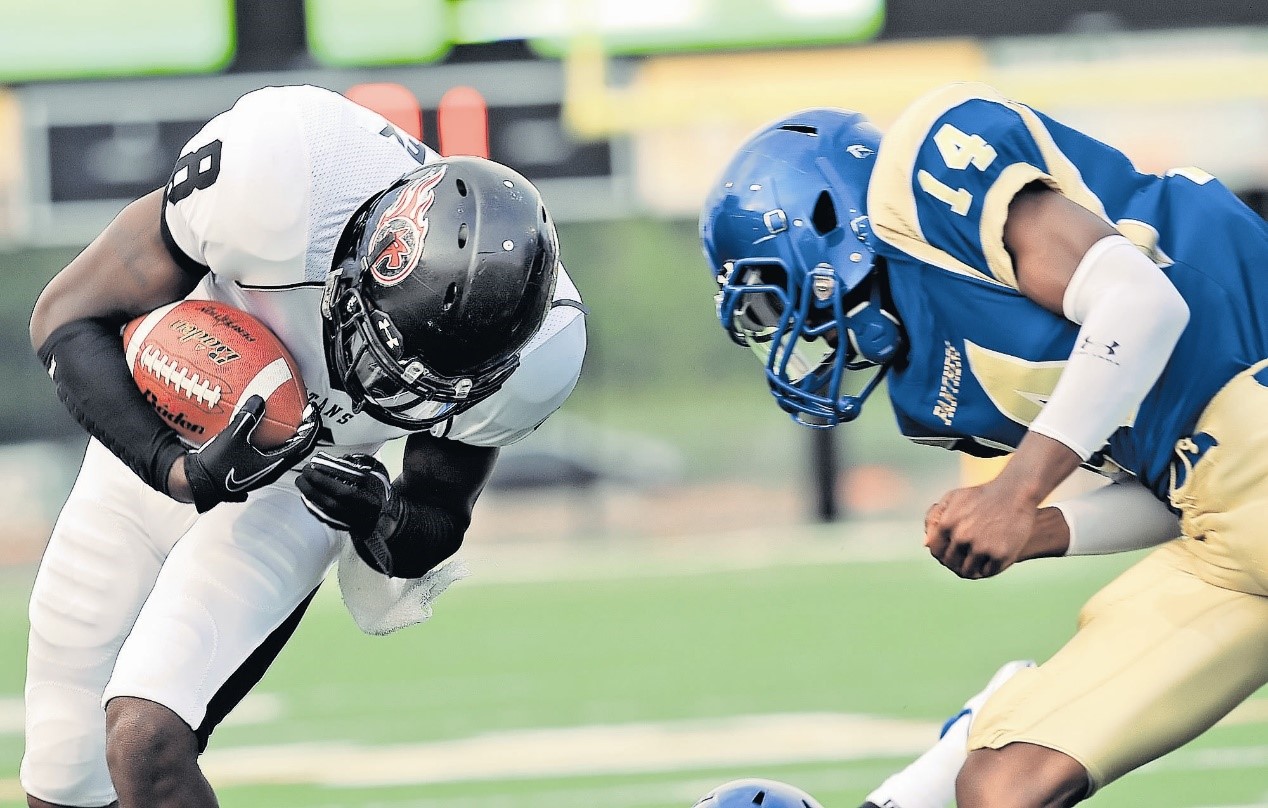
The NCAA’s top governing board unanimously approved $12.5 million in additional funding for the most comprehensive clinical study of concussion and head impact exposure ever conducted. The increased resources comes on the heels of the Board of Governors’ April adoption of a full health and safety agenda for the Association.
The board made its decision this week during governance meetings at UCLA for all three divisions.
“The continuation of this longitudinal study is an important step in the NCAA’s ongoing efforts to protect student-athlete well-being, on the field and off,” said G.P. “Bud” Peterson, board chair and president of Georgia Tech. “NCAA member schools are a critical component of these research efforts as the Association continues to take a leadership role, in collaboration with multiple key stakeholders, to improve the safety of athletes, now and in the future.”
The NCAA and the U.S. Department of Defense launched its landmark alliance more than three years ago to enhance the safety of athletes and service members. The study is designed to provide a more accurate understanding of the natural history and neurobiology of concussion and repetitive head impact exposure across student-athletes in all NCAA sports and students at military service academies. More than 37,600 individuals have participated from 26 universities and four academies.
The next phase of the longitudinal study will examine the cumulative and persistent effects of concussions and repetitive head impact exposure.
The additional funding for the CARE Consortium study will in part support the continued enrollment of student-athletes and cadets, as researchers expect the cohort will continue to grow as the depth of advanced research increases dramatically in the next two years.
“The CARE Consortium is providing compelling information that will help shape policy and recommendations that improve student-athlete and cadet health and safety,” said Brian Hainline, NCAA chief medical officer. “It’s important work and the additional funding will make a true impact on this historic, potentially groundbreaking study.”
By Stacey Osburn, NCAA Director of Public and Media Relations